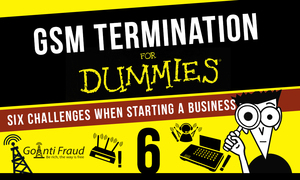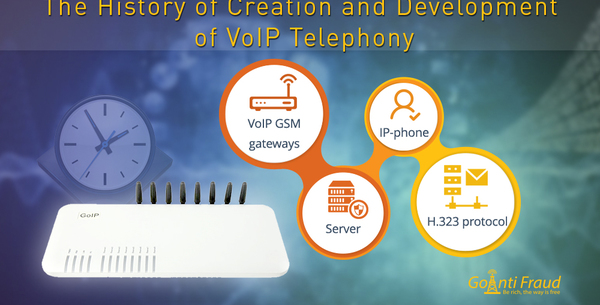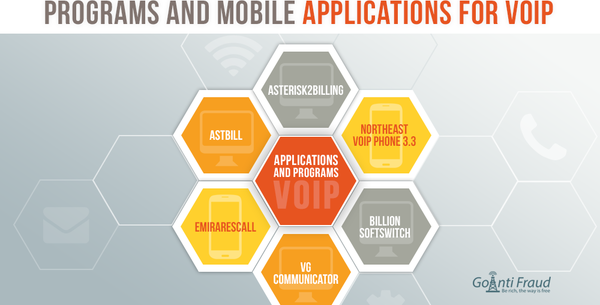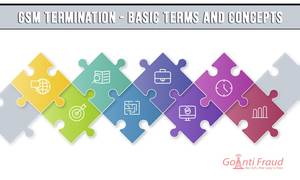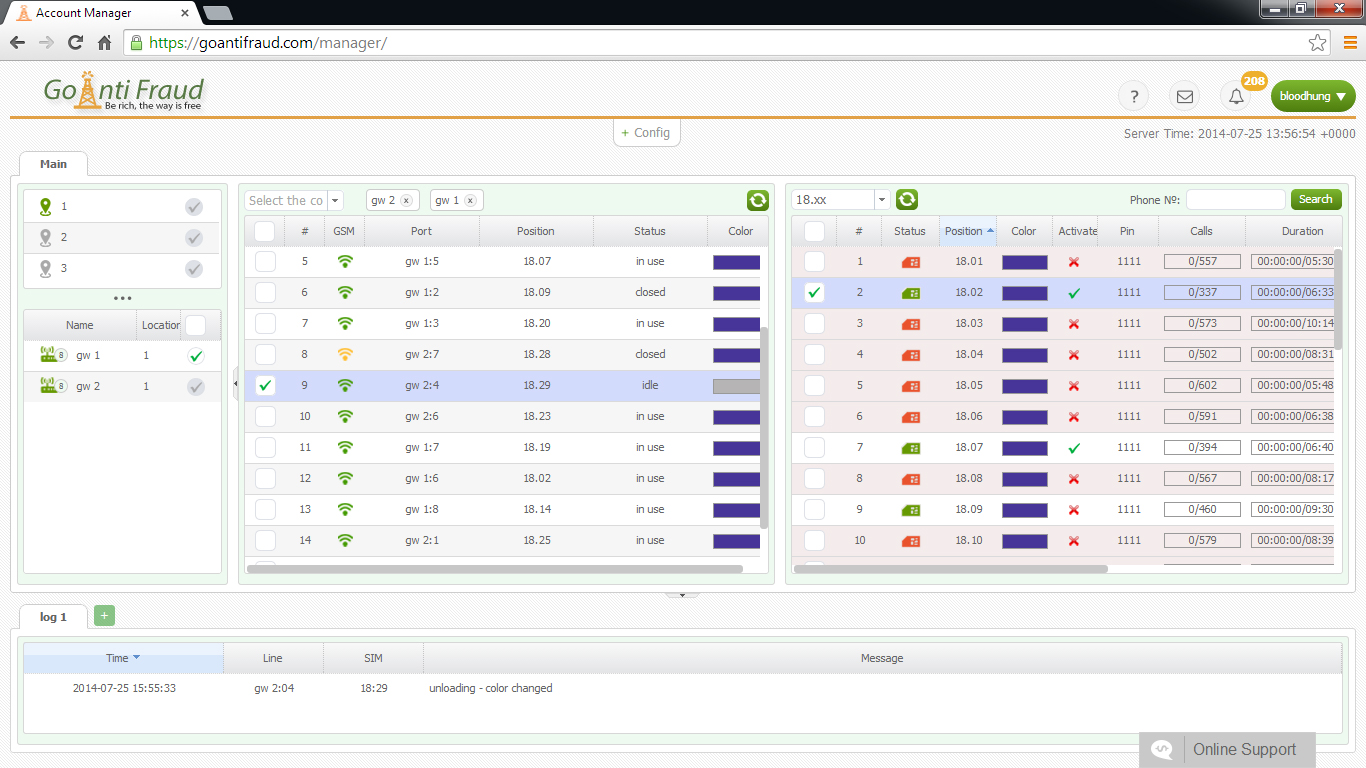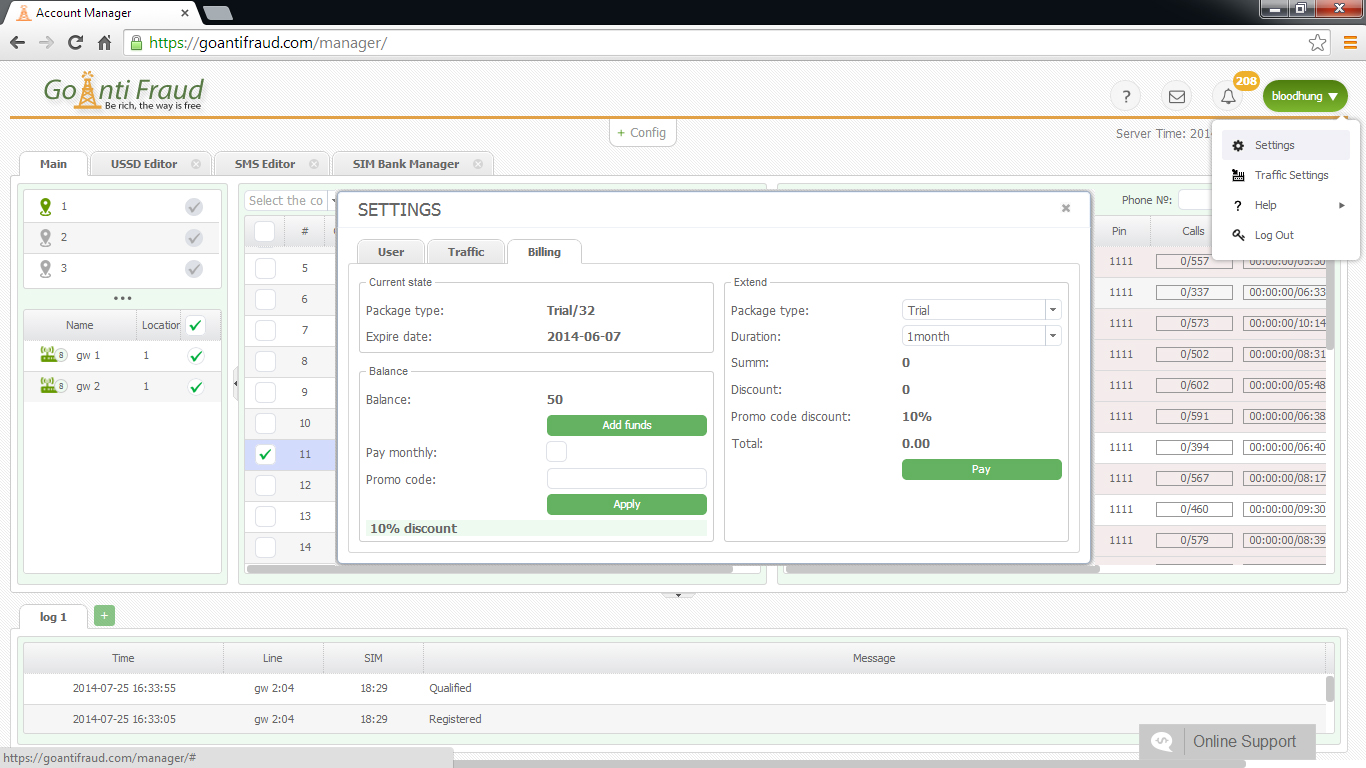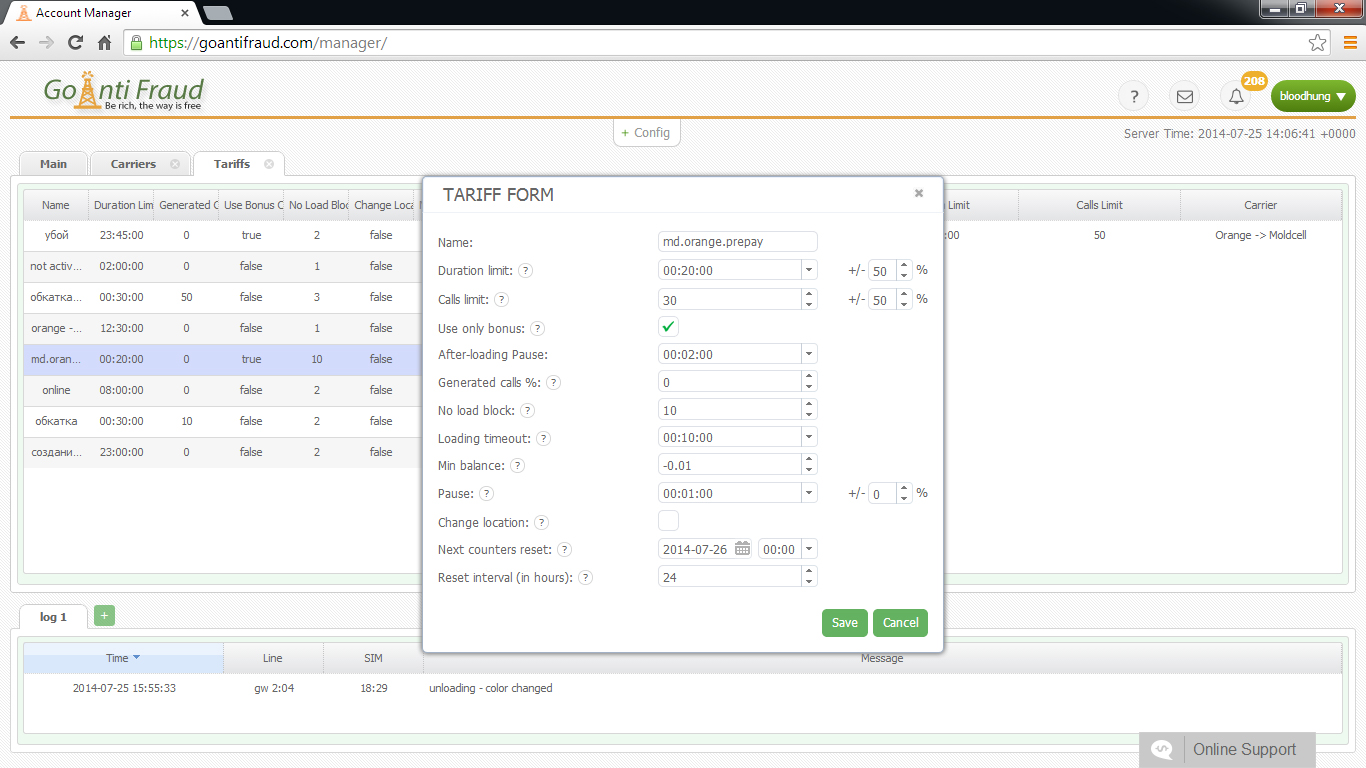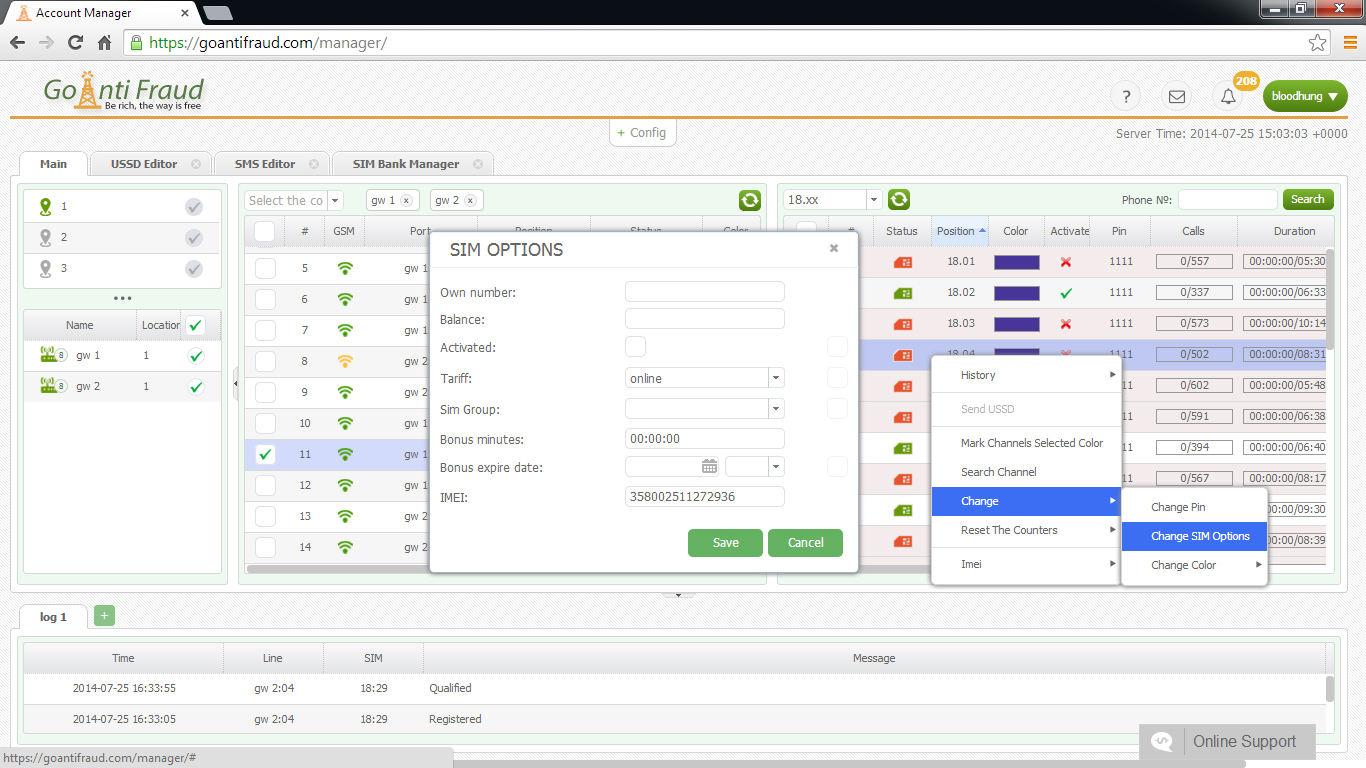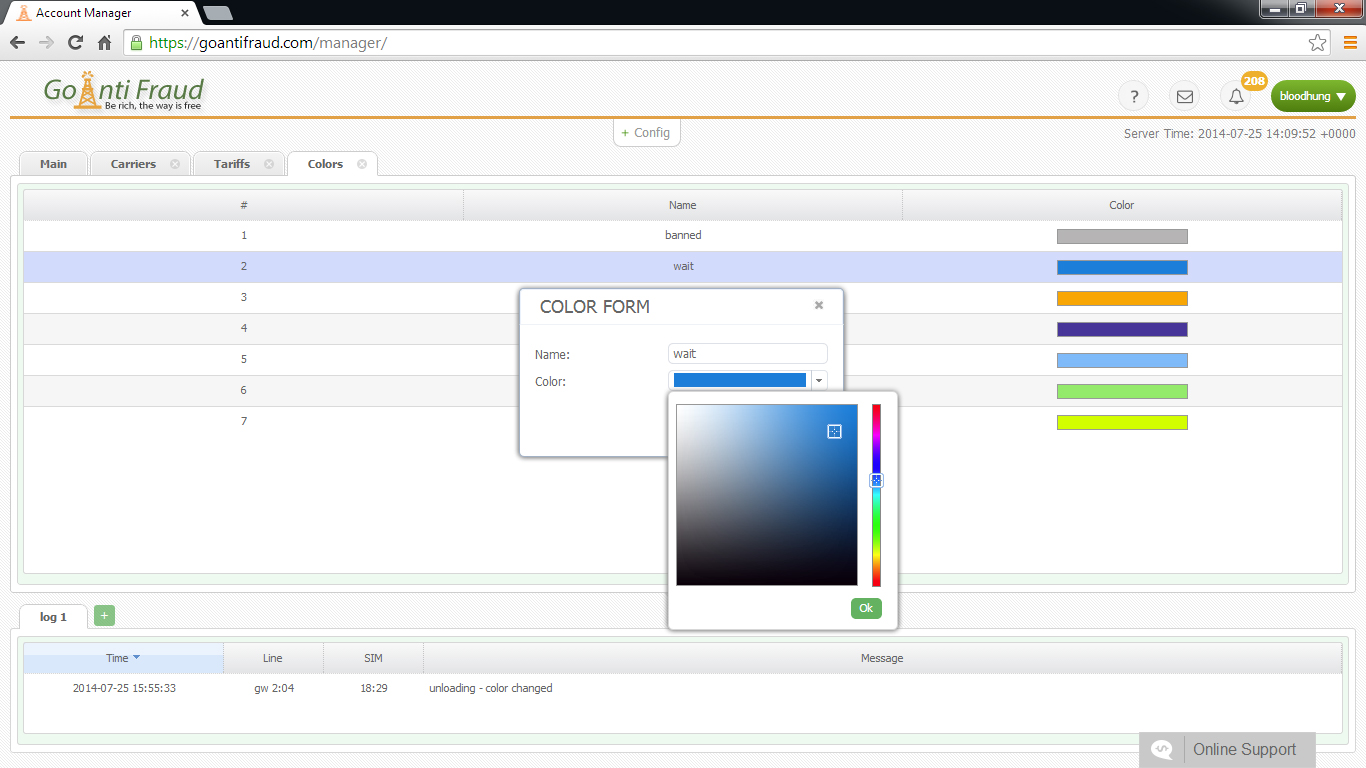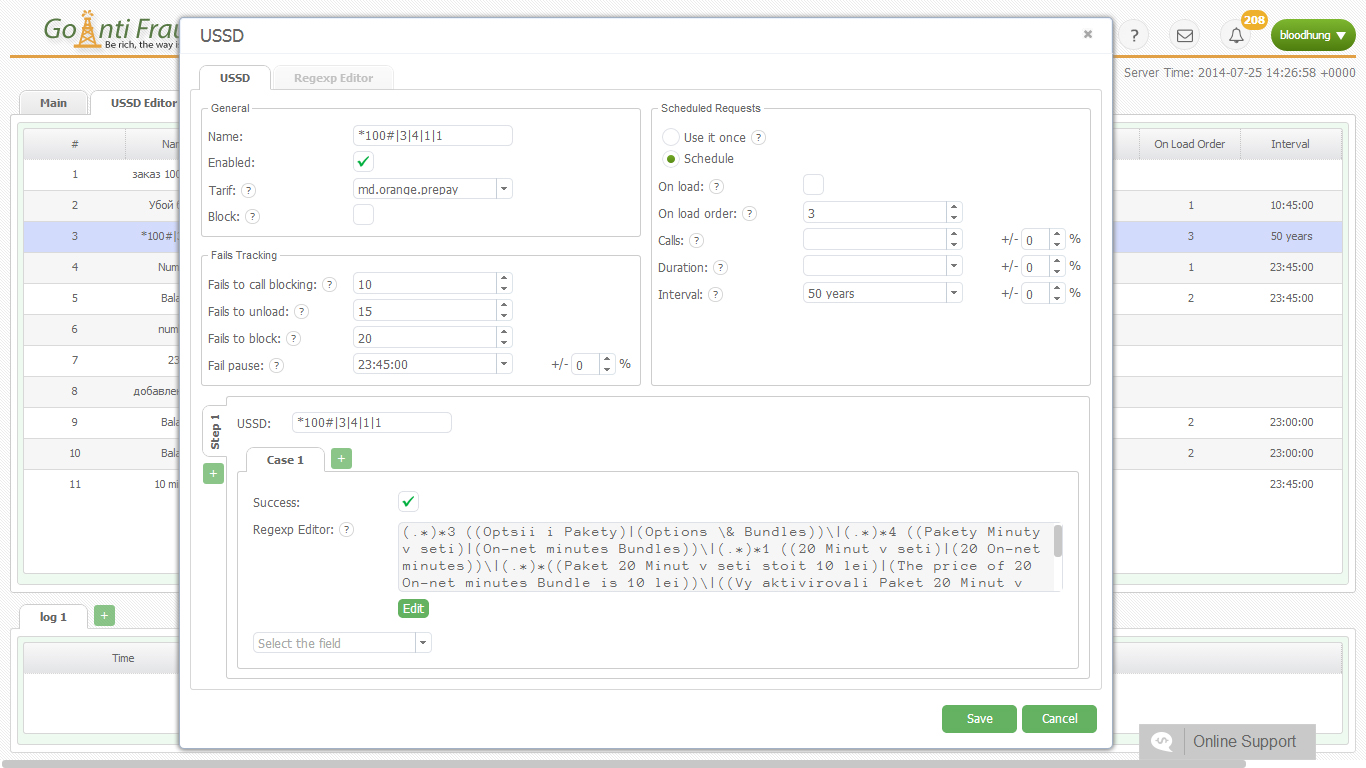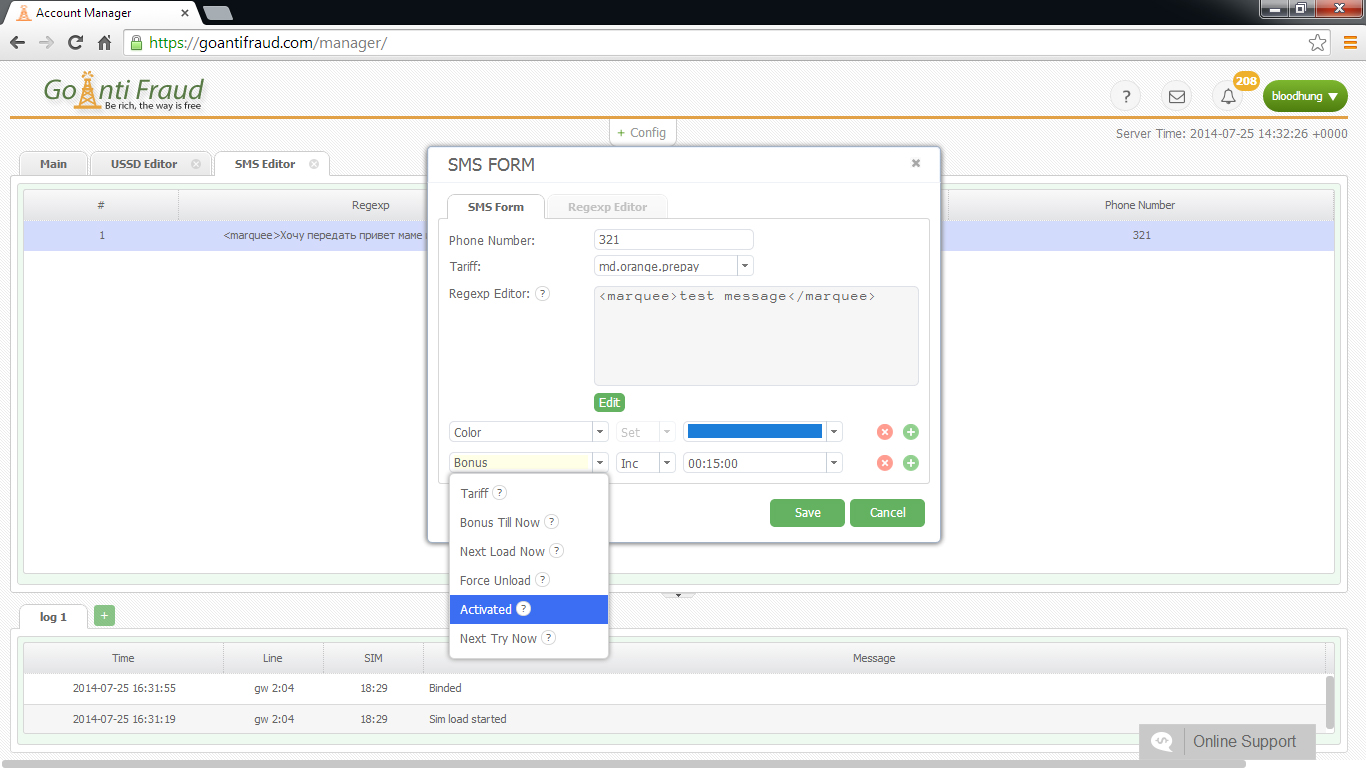If you are new to VoIP GSM termination, you will probably need our small dictionary of basic terms. This business niche is quite specific, and it is not easy to understand all the details right away. We will help you get basic knowledge about the termination of voice traffic, which you will need at the beginning.
Let's consider the basic concepts used in GSM termination:
- Voice traffic is a phone call in a certain direction, which is measured in minutes. Terminator deals with the "landing" of voice traffic (minutes), providing an alternative route for redirecting the call. To terminate a call in a specific country, he uses specialized VoIP equipment.
- VoIP GSM gateway is a device that allows converting voice traffic from VoIP format to GSM, and vice versa. A gateway or a gsm home gateway is equipped with slots for SIM-cards. The device converts the international VoIP call to GSM and redirects to the end user from the local SIM-card. GSM gateways can have a different number of channels. The most popular equipment from the manufacturer GoIP is represented by models equipped with 1, 4, 8, 16 and 32 channels.
- SIM Bank is a device designed for the integrated storage of a large number of SIM-cards and remote control of VoIP GSM gateways. The SIM-bank is always used along with the gateway. It is a "box" that stores SIM-cards, which take part in call termination. Through special software, the terminator can virtually load and unload SIM-cards from gateway channels (physically, the cards are in the SIM-bank). SIM-banks, or SIM-boxes, as they are called, can have different storage capacity for storing cards. For example, GoIP offers devices that can store 32 and 128 SIM cards.
- SIM-server is software that is used along with a SIM-bank, which allows you to remotely control SIM-cards in VoIP GSM gateways. Using this software, the terminator can virtually load/unload cards that are in gateways, make calls from one SIM-card to another, etc., to distribute traffic evenly between channels, simulate movement around the city and generate incoming traffic (see simulation of human behavior).
- Antifraud provides software solutions that GSM operators use to detect termination of voice traffic. Large monopoly operators are concerned that terminators take their potential profits, so they develop special systems that track the non-typical "behavior" of SIM-cards. Antifraud programs are divided into 2 types: analytical and callback. Analytical programs analyze the activity of SIM-cards in GSM networks, using the parameters of "humanity". For example, if a SIM-card in the gateway makes only outgoing calls: it's not like the behavior of an ordinary person. In turn, callback system SIM-cards in case termination is detected.
- Simulation of human behavior is a system of actions with SIM cards, carried out with the help of software tools, which allows you to simulate the behavior of a real subscriber in GSM networks. It presupposes the development of the "logic" of termination and the creation of scenarios of the "behavior" of SIM-cards for the believable imitation of human activity. It can include the even distribution of traffic among channels, the generation of incoming calls, the sending of SMS, time slots between calls, the execution of USSD-requests, etc.
- The originator is a transit operator that provides traffic to the gateway owner for the final termination in a particular country. The originator pays the terminator a certain amount for terminating every minute.
We hope that you will find useful knowledge from our mini-dictionary.







